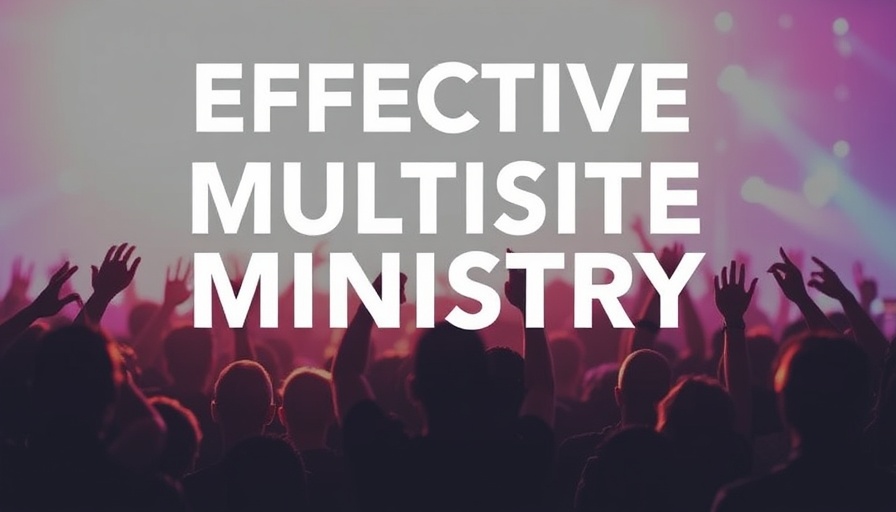
Will 2024 Mark a Turning Point for Western Jurisdiction Bishops?
The upcoming General Conference in 2024 may signify a significant shift for the United Methodist Church (UMC) as it faces the reality of potentially electing its last bishops from the Western Jurisdiction. With a history of challenges and criticisms surrounding its operations, this jurisdiction stands at a crossroads that demands attention and reflection from its constituents.
The Context of the Current Episcopal Elections
During the General Conference held in Charlotte, North Carolina, a strategic budget was approved leading to a reduction of episcopal areas and hence, a decrease in possible new bishops. The circumstances of this election were unexpected; instead of appointing bishops to fill vacancies, the Western Jurisdiction was allowed to elect two new bishops—an action that may be pivotal for both the future of the church and its governance. The approval of this decision reflects the ongoing struggle of the Western Jurisdiction to assert its role within the UMC, particularly amidst lingering criticisms regarding its size and influence compared to other jurisdictions.
A Compounded Narrative of Challenges
Historically, the Western Jurisdiction has been at the forefront of progressive movements within the church, notably being the first to elect LGBTQ+ bishops. However, this forward-thinking has attracted criticism, as some accuse the jurisdiction of having an excessive number of bishops relative to its size. Yet, the narrative of 'selfishness' attached to the jurisdiction is misplaced. Recent decisions about episcopal elections have, in fact, stemmed from broader church governance rather than local ambitions.
The Broader Implications for the UMC
The discussions surrounding the future of bishops in the Western Jurisdiction are indicative of larger tensions within the UMC. The inclusion and acceptance of diverse clergy members, particularly those from marginalized backgrounds, suggest an evolving church landscape aiming for inclusiveness. Navigating through these discussions presents a notable opportunity for reflection and action within the faith community, one that encourages all members to consider their role in fostering a welcoming environment.
For those invested in the UMC's direction and inclusivity, now is the time to engage deeply. Let us remember the words of Proverbs 27:17, "As iron sharpens iron, so one person sharpens another." May we collectively strive for a future that honors the spirit of unity and acceptance.
 Add Row
Add Row  Add
Add 




Write A Comment